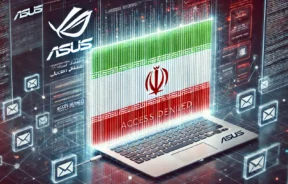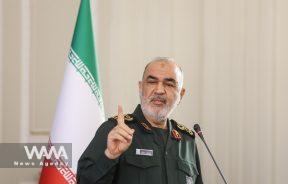Trump’s Controversial Repost: Is U.S. Support for Israel Shifting?
WANA (Jan 12) – In a bold and polarizing move, Donald Trump, the U.S. president-elect, reposted a video on his personal account describing Benjamin Netanyahu as a “black-hearted” individual responsible for dragging the U.S. into “endless wars.” Without any accompanying clarification or rebuttal, this repost has propelled Middle Eastern politics to the forefront of global headlines.
Does this indicate a direct confrontation between Trump and Netanyahu? Or is it merely a tactical maneuver in a complex diplomatic game? Most importantly, what implications could this have for Iran and the region?
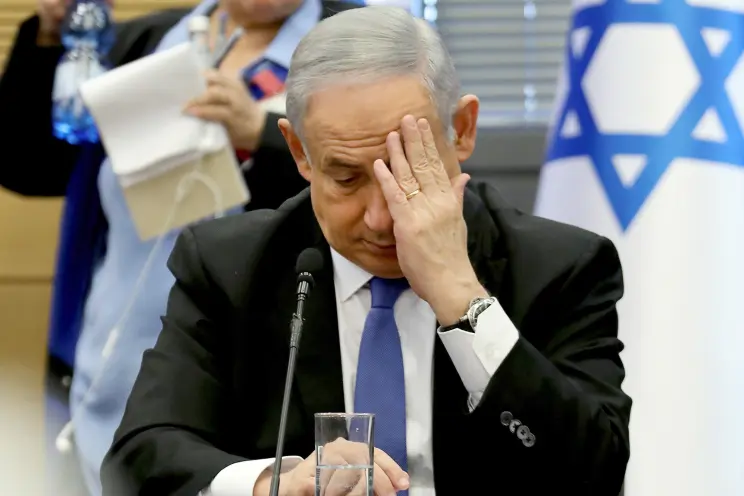
Aiming Accusations at War-Driven Policies
Jeffrey Sachs, a prominent Columbia University economist and a controversial figure, delivered the scathing remarks featured in the video shared by Trump. Sachs accused Netanyahu of orchestrating the Iraq and Syria wars, as well as pushing for military conflict with Iran—policies allegedly rooted in a long-standing strategy pursued since 1995.
Sachs argued that Netanyahu exploited his influence over U.S. politics to impose his agenda on Washington, aiming to dismantle regimes like Iran’s through military force. He remarked, “Netanyahu is still hell-bent on dragging us into a war with Iran—this week, even today.” With sharp rhetoric, Sachs added, “Netanyahu has embroiled us in endless wars. He’s a deeply corrupt man.”
Donald Trump Truth Social 03:50 PM EST 01/07/25 pic.twitter.com/HLnrAMfN3d
— Donald J. Trump Posts From His Truth Social (@TrumpDailyPosts) January 7, 2025
Trump: Anti-War Advocate or Strategist for War?
By reposting these comments, Trump implicitly pointed fingers at Netanyahu. Yet, days earlier, when asked about the possibility of military action against Iran, he strategically dodged the question, stating, “I don’t discuss U.S. military strategies.” This silence, coupled with his recent threat to “make the Middle East hell” if Gaza hostages are not released, paints a contradictory image. On one hand, sharing Sachs’ speech signals a disapproval of war-mongering; on the other, Trump’s threatening rhetoric suggests a warning to regional players.
This apparent contradiction reveals Trump’s characteristic approach: leveraging power and pressure while avoiding costly military entanglements whenever possible.
Sachs’ criticisms also sparked broader reactions. He contended that the 2003 Iraq war was nothing but the realization of Netanyahu’s blueprint to eliminate Israel’s adversaries. According to Sachs, Washington has long ceased to act independently in Middle Eastern policy, essentially serving as an enforcer of Israel’s strategic interests.
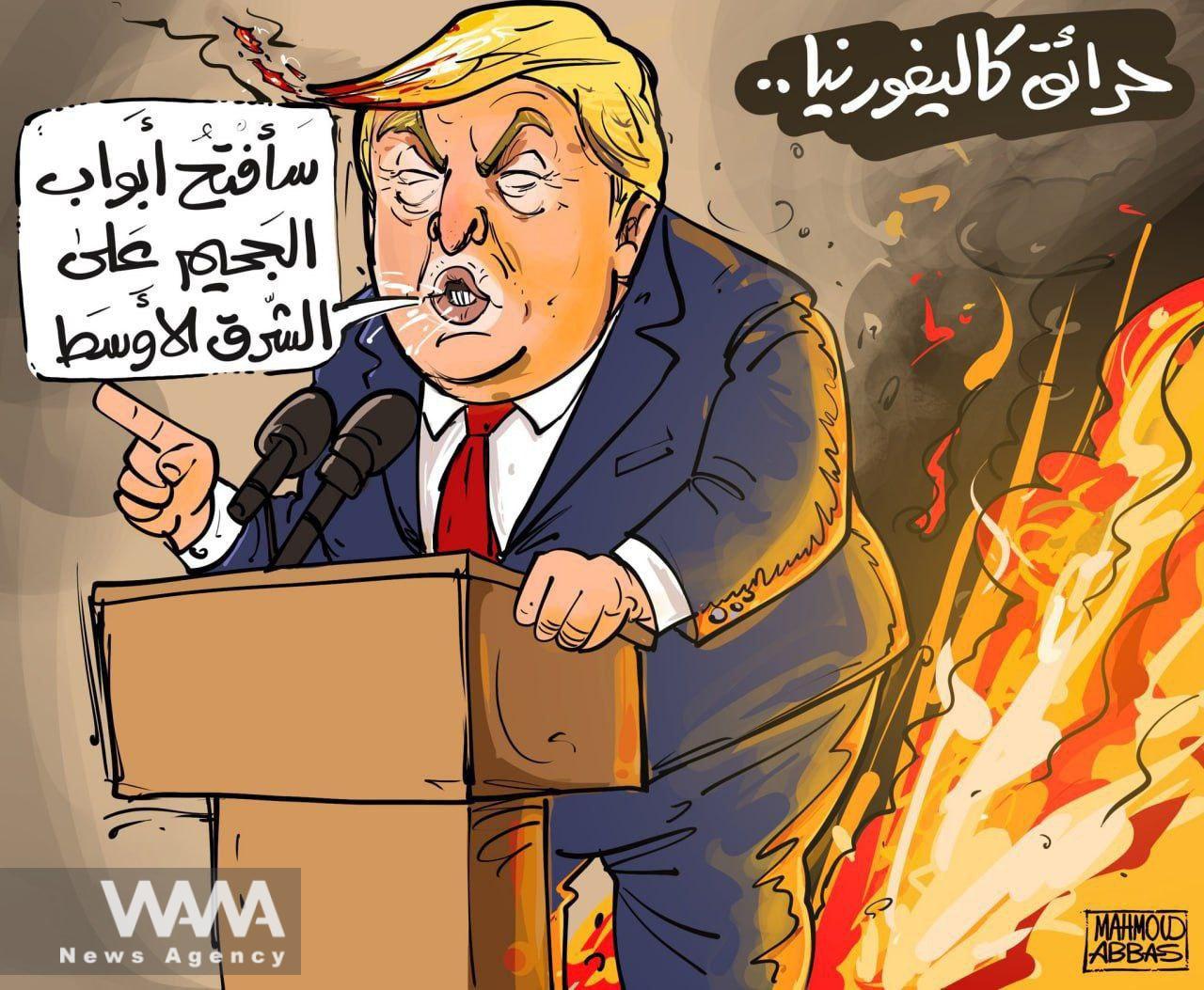
An intriguing cartoon by an Arab activist highlights the wildfires in the U.S., taking a jab at Trump, who recently threatened to turn the region into hell if the Palestinians fail to release Israeli prisoners before his inauguration and the start of his administration / WANA News Agency
A Shift in Rhetoric?
Trump’s decision to repost these views, especially given his previous portrayal as a staunch supporter of Israel, signals a potential shift in rhetoric. His recent threats and reposting of Sachs’ comments suggest that Trump aims to apply pressure on all fronts as he prepares for his presidency.
Implications for Iran and the Region
1. Potential Impact on Iran
Trump’s move hints that a U.S. military threat against Iran may no longer be a priority. This could open a window for Iran to pave the way for diplomatic negotiations and adopt de-escalation strategies. It might also strengthen pro-diplomacy advocates within Iran’s leadership.
Although media reports like those from The Wall Street Journal suggest Trump is still weighing preemptive airstrikes on Iran’s nuclear facilities, a closer analysis indicates that he is reluctant to repeat past military adventures. His primary goal might be to end the current stalemate rather than initiate a new war.

What is Trump’s 2025 Strategy Towards Iran?
WANA (Dec 23) – Following the helicopter incident involving Ebrahim Raisi, the late Iranian president, American analysts predicted his replacement by a more radical figure, potentially leading to internal fractures and diminished stability within the Islamic Republic. However, these forecasts quickly proved incorrect. The Islamic Republic demonstrated its resilience by restructuring its systems and achieving […]
2. Pressure on Israel and Netanyahu
Trump’s repost sends a clear message to Netanyahu: the U.S. may no longer be an unconditional supporter of Israel.
This shift could compel Netanyahu to reconsider his aggressive military policies against Iran and resistance groups, favoring a more defensive approach instead.
3. Changing Stances Among Arab States
Israel’s regional allies, such as Saudi Arabia and the UAE, might recalibrate their positions and lean toward reducing tensions with Iran to adapt to the changing landscape.
4. Empowerment of Resistance Groups
Groups like Hezbollah and Hamas may view this shift as an opportunity to bolster their positions in the region. Reduced U.S. military threats or limitations on Israeli actions could enhance their bargaining power.
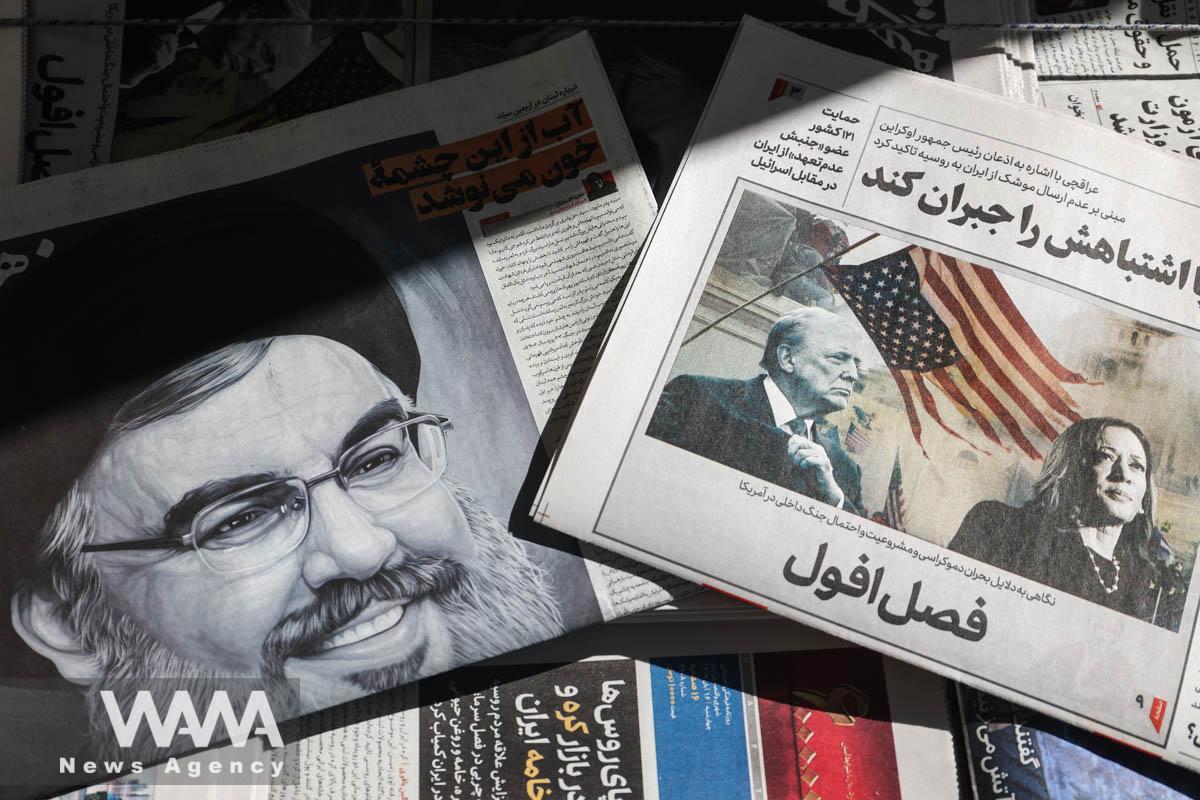
A newspaper with a picture of Republican presidential nominee and former U.S. President Donald Trump and Democratic presidential nominee U.S. Vice President Kamala Harris is seen next to a newspaper with a picture of late Lebanon’s Hezbollah leader Sayyed Hassan Nasrallah, in Tehran, Iran November 6, 2024. Majid Asgaripour/WANA (West Asia News Agency)
An Unclear Conclusion, an Unanswered Question
Trump’s reposting of Jeffrey Sachs’ remarks and its implicit messages reflect a delicate interplay between potential policy shifts and diplomatic maneuvers. By distancing himself from overt war-mongering while issuing calculated threats, Trump has entered a complex and ambiguous phase of policymaking.
Does this repost mark a significant change in U.S.-Israel relations, or is it merely a tactic to steer negotiations? A definitive answer remains elusive for now. What’s clear, however, is that Trump is capitalizing on contradictions to create new opportunities—opportunities that could either alter the course of Middle Eastern politics or escalate tensions to unprecedented levels.









